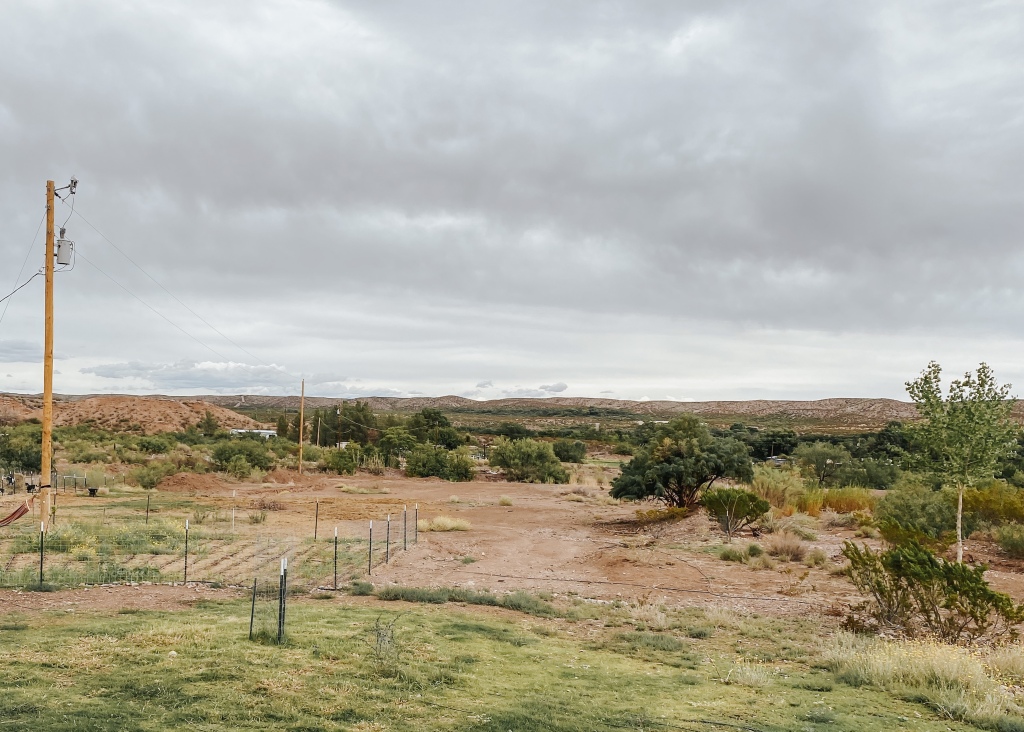“Comparison is the thief of joy” is the famous warning these days. It seems to be a new issue that’s arisen in the age of social media- for the first time we have access to everyone’s inner lives, not necessarily their real lives, but at least the parts they choose to show; we see everyone’s engagements and successes and new cars and new everything’s and their perfect looking vacations and living rooms, and we think this new “social” age is creating this new problem of comparing ourselves with everyone all the time, whether their real lives or just the curated instagram life, because suddenly we see it all when we didn’t before.
There are two things, though, that I think we need to think about relating to comparison.

Thou Shalt not Covet
First, this is not a new problem; it’s been around since the beginning of humanity. In the garden, what was the temptation the serpent subtly whispered to eve? “You could be like God” (See Genesis 3). So the first humans gave into the deception of comparison, thinking that it would be worth it to disobey their loving Creator if they could attain this thing— God-likeness. And of course, we see this plague of envy carry on through Scripture and through history. Almost all accounts of early human history deal with peoples/nations conquering other peoples/nations. In reading about Cain and Abel, we see comparison drive brother to murder brother. Isaac and Esau fight for “first”, Jacob’s sons are as ready as Cain was to commit brother-murder in their jealousy but sell him instead. And the next account we see in biblical history is that the new pharaoh is comparing his people to the Israelite people, seeing that they’re great in number and will overpower them (interesting also, that if we look at corresponding accounts in secular history, we find that this king was from a different people that had overpowered and conquered Egypt- we often fear and judge in others what we ourselves are guilty of). So begins the terrible oppression of the Israelites. And finally, after God delivers them from bondage and makes them into a nation, He gives them a distinctive set of rules to guide them as a new nation, a great nation. And one of those nation-guiding, justice keeping, peace-loving rules is… “you shall not covet”, essentially: “comparison is the thief of joy- its not good for you or anyone else, so don’t do it”.
What a perfectly wise God we serve, right? He knows the condition of the human heart. He knows the things that we’re prone to, the nature we lean toward.
So no, joy-stealing-comparison is not a by-product of social media, it has been thieving joy since the beginning. And God has lovingly commanded us to abstain from it. We are wise to avoid comparing ourselves covetously to anyone.

Eyes: the Windows to the Soul
On instagram and Pinterest (my only social media platforms), I have carefully curated who’s posts appear in my feed. The ability to delete and mute people on social media is a wonderful tool that should be used! This is not “cancel culture” as I see some people claiming; it’s good sense. It is just plain foolishness to allow other people to have all the control over what you’ll see and read when you get on social media. For years I was like a tiny sailboat blown any which way when I’d scroll. I’d see some posts by friends that were meaningful, some that were empty, some by people who have opposite values and beliefs in almost every area of everything (but we went to high school together so we were “friends”), and some by acquaintances or friends of friends who seem to lack very basic maturity and rational thinking. I’d see downright stupid posts that would irritatingly get stuck in my head, hateful speech that would cause me to have hypothetical arguments in my mind in my spare time, news stories that were completely unrelated to me yet would consume my thoughts for weeks (there’s one that consumed the nation for weeks because of the level of sickening disturbance- people “shared” it right and left even though it did nothing to help the situation, and still, years later, will pop back into my thoughts and cause distress. All of that is not uncommon; disturbing news sells. And whether we like it or not, people are making big money on our consumption of this type of “news”).
“The eye is the lamp of the body. If your eyes are healthy, your whole body will be full of light. But if your eyes are unhealthy, your whole body will be full of darkness. If then the light within you is darkness, how great is that darkness!” (Matthew 6:22-24)
What we allow ourselves to look at matters.
I’m a junk drawer person. It doesn’t really fit my “neat-freak” personality, but it is what it is. Over weeks or months, the junk drawer gets filled with stuff that actually should be put where it belongs, but instead gets put in the drawer because its more accessible. Then finally there’s a moment where I just have to stop what I’m doing (which is usually putting something in the junk drawer) and just dump the entire contents on the counter, sort, organize, and put everything away. That’s kind of what it’s like to finally eliminate toxic people, distracting people, and those who I’m prone to covet, from social media feed. After clearing it out it’s just so much better and more effective.
Good Comparison
The second thing to think about is that, unlike coveting which is always negative, comparison can actually be a good thing because it can be objective. Covetousness cannot be objective; it says “I should have what they have and wont be satisfied until I do”. It implies that we don’t trust God with the lot He has given us because were looking at the lot He’s given someone else. Comparison, on the other hand, while it definitely can be negative and covetous, has the potential to be unselfishly, unbiasedly observant.
Comparison can, if we allow, stir up inspiration and hard work and useful change. When we see what someone else has or a way that they behave and we appreciate it for the good that it is, we can pray for that change in ourselves and ask God to help us achieve what inspires us. Sometimes watching someone else and imitating them is healthy and helpful. Peaceful mothers, brave homesteaders, and bold Christians who I’ve followed on social media have taught me so much and given me tools to use and goals to reach for. I’m so thankful to have the opportunity to comparatively say “they’re different, and I’d like to be like them in this way”. Paul says several times in his epistles, basically, “imitate me and the way I’m living because it’s good!” (1 Corinthians 11:1-2, Philippians 3:17, Philippians 4:9)
If we can let the good we see in someone else encourage us to make changes in our lives or start working toward a certain accomplishment or praying for different circumstances, may it be so! By no means do we need to force ourselves into complacently thinking, “I’m just comparing, I’ll never be them, so no need to do anything different”. Let’s spur each other on to greatness!

Ultimately, we need to be very careful to guard ourselves from coveting- that deceptive discontentment that has always been so tempting and is especially so now in the age of social media. But we can also allow healthy comparison to drive us to prayer and useful change! We can be wise to remember that the reason we don’t need to covet is the same reason that Eve didn’t need to be like God: we have a Heavenly Father who loves us and cares mercifully for us. He provides what we need- which may sometimes be encouragement in the form of seeing something good and inspiring in someone else’s life.

Leave a comment